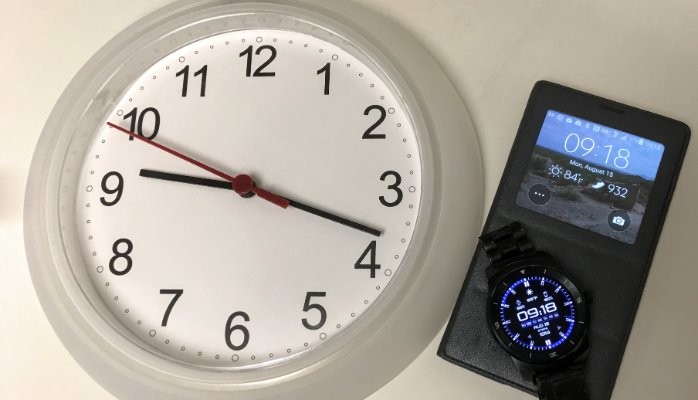Introduction
When it comes to timekeeping quirks, daylight saving time (DST) often takes center stage in discussions. One of the states that raises questions is Colorado. In this comprehensive exploration, we delve into the intriguing question: Does Colorado have daylight savings time? Join us as we uncover the historical context, legislative aspects, and the impact on the lives of Coloradans.
Unpacking Daylight Saving Time
What is Daylight Saving Time?
Before we delve into Colorado’s stance on daylight saving time, let’s ensure we’re on the same page regarding this temporal phenomenon. Daylight saving time is the practice of adjusting clocks forward by one hour during the warmer months, typically spring and summer, to maximize daylight and conserve energy.
Daylight Saving Time in Colorado: A Historical Perspective
Early Adoption and Repeal
Colorado’s relationship with daylight saving time has been marked by a mix of acceptance and resistance. The state first embraced DST during World War I and later repealed it, only to reinstate it during World War II. The oscillation continued until the implementation of the Uniform Time Act in 1966.
Legislative Landscape: The Uniform Time Act
Federal Regulations and State Discretion
The Uniform Time Act standardized the start and end dates of daylight saving time across the United States but allowed states the flexibility to exempt themselves. This laid the foundation for states like Arizona and Hawaii, which do not observe DST. However, Colorado opted to align itself with the federal schedule.
Colorado’s Current Stance on Daylight Saving Time
Following the Federal Clock
As of our latest research, Colorado continues to adhere to the federal guidelines on daylight saving time. This means that, like the majority of states, Colorado residents adjust their clocks forward by one hour in the spring and back by one hour in the fall.
Impact on Colorado Residents
Benefits and Drawbacks
Daylight saving time in Colorado, as elsewhere, brings a mix of benefits and drawbacks. Longer evenings offer opportunities for outdoor activities, potentially boosting local economies. On the flip side, adjusting to time changes can disrupt sleep patterns and productivity.
Public Sentiment: Do Coloradans Favor Daylight Saving Time?
Surveys and Opinions
To gauge public sentiment, various surveys have been conducted in Colorado regarding daylight saving time. Results indicate a diverse range of opinions, with some advocating for year-round standard time and others favoring permanent daylight saving time.
The Call for Change: Proposals and Legislation
Shifting Perspectives
In recent years, there has been a growing conversation about reevaluating the need for daylight saving time. Proposals to make DST permanent or revert to standard time year-round have gained traction in Colorado and other states.
Looking Ahead: Potential Changes on the Horizon
Legislative Developments
As discussions unfold, it remains to be seen whether Colorado will undergo changes in its approach to daylight saving time. Legislative developments may shape the future landscape of timekeeping in the state.
Conclusion
In conclusion, the question of whether Colorado has daylight saving time is met with a nuanced history and a current alignment with federal guidelines. As Coloradans navigate the seasonal clock adjustments, debates surrounding the merits and drawbacks of DST persist. The future may bring legislative changes, reflecting evolving perspectives on timekeeping in this picturesque state.




+ There are no comments
Add yours